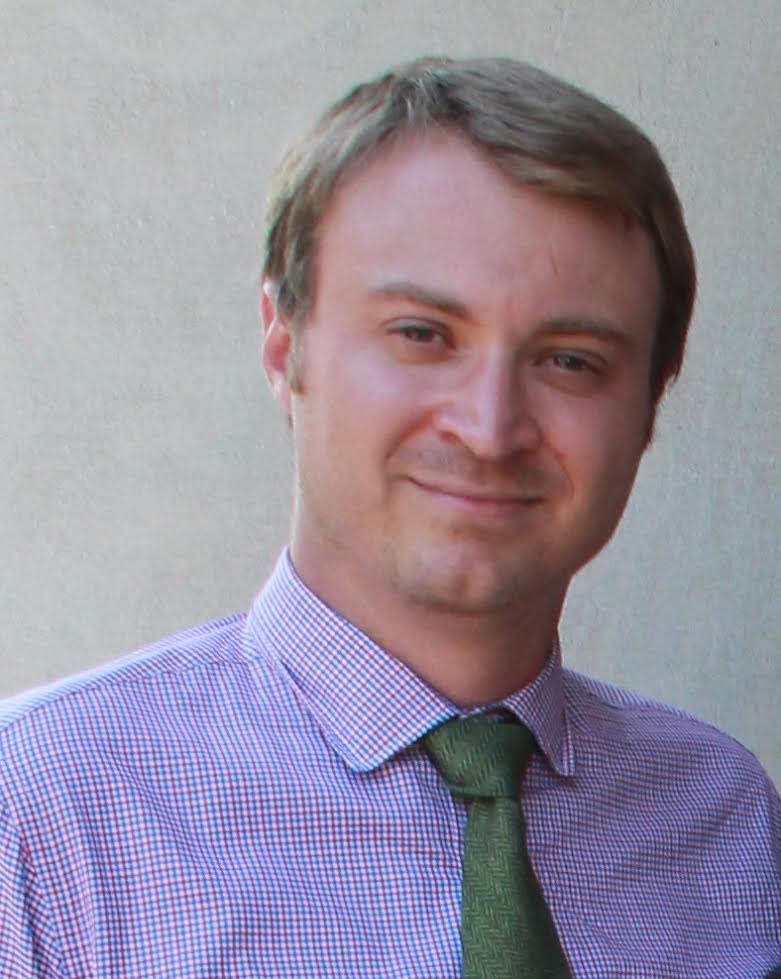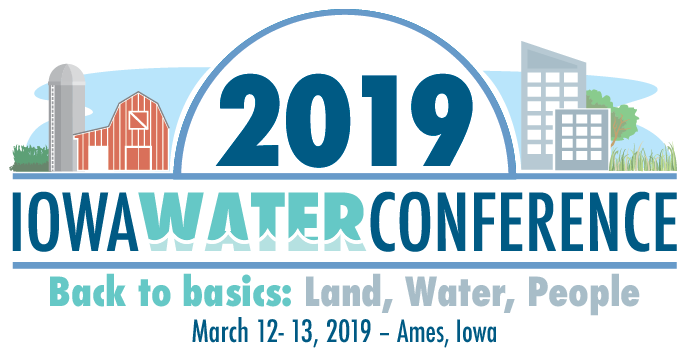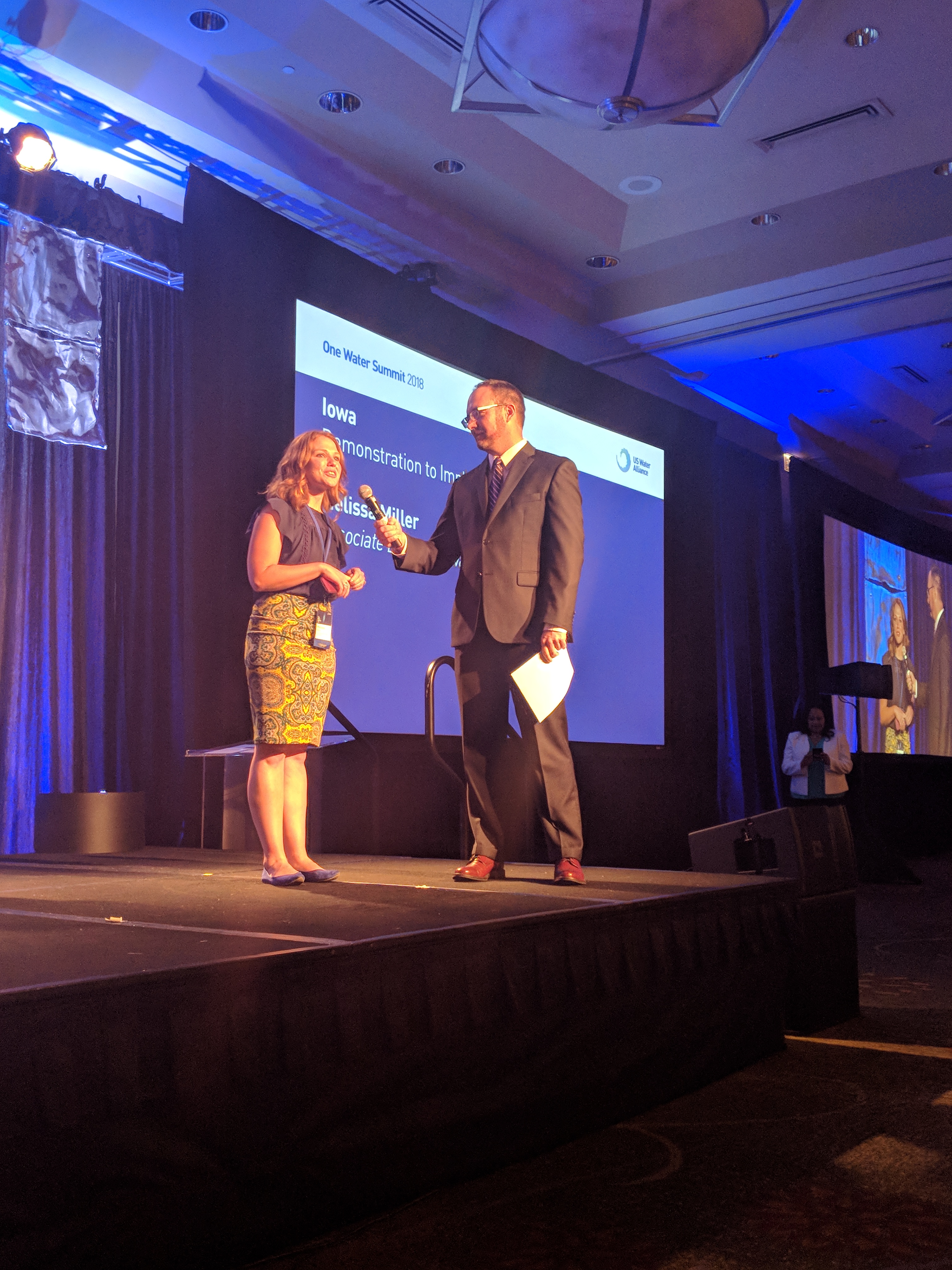The Iowa Water Center is an unbiased, federally-funded Water Resources Research Institute that explores a diverse range of topics in water. We establish a public trust in scientific water information. We believe that consuming science-based information can empower individuals to be knowledgeable about their surroundings and to act in building better ecological and social communities. The Iowa Water Center uses the power of a story to address challenges in science communication.
We are open to receive submissions of written works and graphic materials that outline current research, projects, and primary source-based narratives about water resources in Iowa.
Website: https://iawatercenter.wordpress.com/
Our Audience: Water professionals, faculty and graduate students, engaged citizens, and citizen leaders
The blog, H2 in the Kn0w, is our venue in which we conduct outreach to engaged citizens, citizen leaders, and water professionals with scientific information and empirically informed editorials from researchers. Content for the blog is comprehensive, credible, and presented in a way that represents the most up-to-date status of water resources research.
Thematic areas:
- Student-based work in water research and projects in communities
- Editorial feature of perspectives in water science
- Reviewing books, exhibits, art related to water
- Summarizing innovative, recent water research
- Previews and promotion of upcoming water research projects and presentations
- First hand experiences and stories related to water
Posts may include: photos, video, figures, and other graphics
Requirements for writing:
- Approximately 450 words in length
- Photos, figures, graphics are highly encouraged
- Videos are also accepted
- A byline is required at the beginning of the text
- A 1-2 sentence biographical summary of the author, including a photo, is required at the bottom of the text
- References can be cited at the bottom of the post – no particular citation style is required
Posts should be submitted as a Word Document to Hanna Bates, Program Coordinator at the Iowa Water Center at hbates@iastate.edu.

 Joe Otto joined the Iowa Water Center in November of 2018 as the Communications Specialist. His duties include academic researching, copy writing and editing, contributing to the Iowa Water Center blog, and engaging the public via meetings, educational presentations, and other professional outreach efforts.
Joe Otto joined the Iowa Water Center in November of 2018 as the Communications Specialist. His duties include academic researching, copy writing and editing, contributing to the Iowa Water Center blog, and engaging the public via meetings, educational presentations, and other professional outreach efforts.

